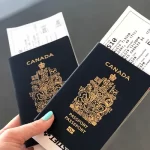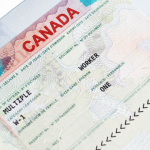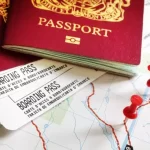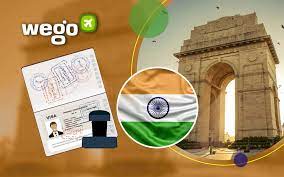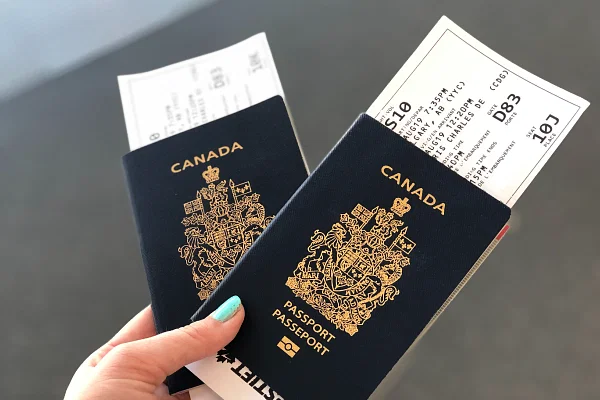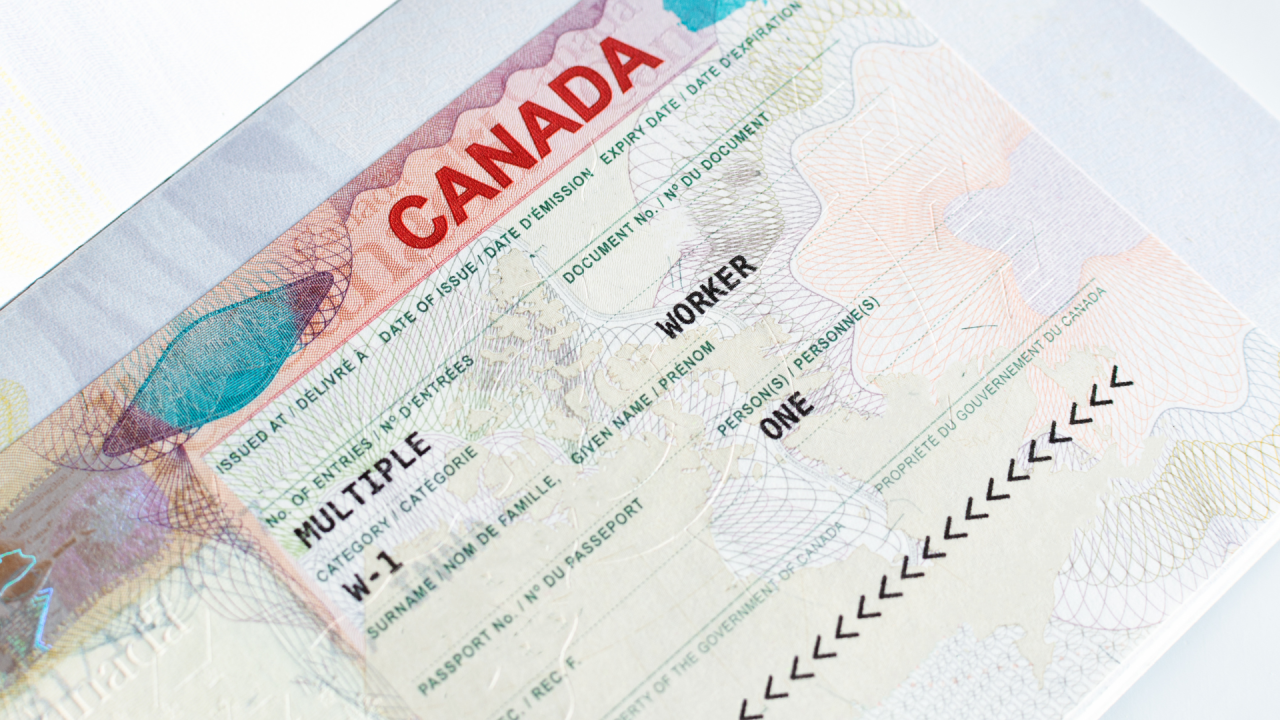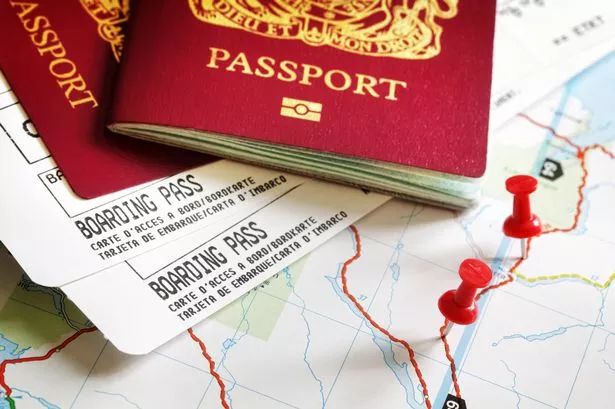Are you dreaming of exploring the vibrant streets of India, but worried about your visa application being rejected? Look no further! In this blog post, we will delve into the common reasons for Indian visa rejection and provide you with foolproof tips to avoid them. Whether you’re planning a spiritual journey to Varanasi or an adventurous trek in the Himalayas, understanding these pitfalls will ensure that your Indian visa journey is smooth sailing from start to finish. So grab a cup of chai and let’s dive right into unraveling the secrets behind successful Indian visa applications! TYPES OF INDIAN EVISA
What is an Indian Visa?
An Indian visa is required for most visitors wishing to enter India. When applying for an Indian visa, it is important to be aware of the common reasons for visa rejection. By following a few simple tips, you can increase your chances of obtaining a visa approval.
1. Ensure that your passport is valid for at least six months after the intended travel date.
2. Fill out all required information on your visa application form completely and accurately. Make sure to include all supporting documents, such as tickets and proof of funds.
3. Don’t overstay your tourist visa by more than 30 days. If you are caught overstaying your visa, you may be subject to additional fines and penalties, including deportation from India.
4. Travel advisory warnings about India are current and may impact your application for a visa or immigration status in India. It is always best to consult with an immigration lawyer or embassy prior to making any travel decisions regarding India.
What is an Indian Visa Rejected for?
If you are a citizen of India and want to travel to another country, you will need a visa. A visa is a document that shows that you have permission from the government of the country you are visiting to enter. If your visa is rejected, it may be because your application was not properly completed or because there are some issues with your citizenship or immigration status.
There are many reasons why your visa might be rejected. The most common reasons are:
– Your passport is not valid for travel to the country you are applying to visit
– You do not have proper documentation supporting your citizenship or immigration status
– You have been previously deported from the country you are applying to visit
– You have outstanding criminal charges in the country you are applying to visit
– You do not meet the requirements of the visa type you applied for
The 4 Types of Indian Visas
There are four types of Indian visas that applicants may encounter: tourist, business, student, and Special Economic Zones (SEZ) visa. Each type has its own specific requirements and requirements for sponsorship from a foreign state or entity. Applicants should be aware of the specific requirements for their visa type in order to avoid rejection. INDIAN VISA REJECTED
Tourist Visa: The tourist visa is the most common type of Indian visa, and it is the easiest to obtain. It is valid for 90 days and requires only a passport photo. The application process is simple, and no documentation is required other than your passport photo. However, there are some restrictions on who can apply for a tourist visa. Only citizens of India or nationals of countries that have a bilateral treaty with India can apply for a tourist visa. Additionally, applicants must be between 18 and 60 years old, single, and have proof of financial stability in the form of bank statements or an affidavit from an official bank or insurance company.
Business Visa: The business visa is similar to the tourist visa in many ways. It also requires only a passport photo and is valid for 90 days. However, there are two main differences between the business and tourist visas. First, the business visa allows applicants to work in India while the tourist visa does not. Second, the business visa requires more documentation than the tourist visa does- including an employment contract from your employer in India or letters of recommendation from people you know in India.
Student Visa:
The 4 Types of Indian Visa Rejection
There are a few reasons why an Indian visa may be rejected, and it’s important to know how to avoid them if you’re hoping to travel to India. Here are the four most common reasons:
1) The visa application has not been processed within the required timeframe.
2) Incorrect documents were submitted with the application.
3) The applicant does not meet the requirements of the visa category they applied for.
4) The applicant has an invalid passport.
If you know of any other reasons your Indian visa may be rejected, please don’t hesitate to let us know in the comments section below! By understanding what can cause your visa application to be declined, you’ll be better prepared to avoid these common issues.
How to Avoid Indian Visa Rejection?
There are many reasons why an Indian visa may be rejected, but understanding the common causes will help you avoid them. Here are five tips to help you avoid Indian visa rejection:
1. Prepare properly – Make sure you have all the appropriate paperwork ready before you travel to India. Include your passport, visa application form, and any other required documentation. If there are any changes to your itinerary, make sure to update your application form as well.
2. Verify your application – Once you have submitted your application, it’s important to double check that it was received and processed correctly. Contact the Indian Embassy or Consulate in your country if you have any questions about your application status.
3. Be truthful – If the authorities suspect that you are not eligible for a visa, they may ask you some difficult questions about your reasons for visiting India. Try to be as truthful as possible when answering these questions, and don’t try to conceal anything from the officials.
4. Follow the instructions carefully – Make sure that you follow all of the instructions provided by the Indian Embassy or Consulate when applying for a visa. Failure to do so may result in your visa being rejected.
5. Arrive early – It’s important to arrive at the Indian Embassy or Consulate well in advance of your scheduled appointment time if you want a good chance of having your visa approved. If possible, plan on arriving several days ahead of time so that you can complete all of






















